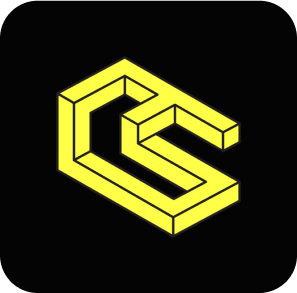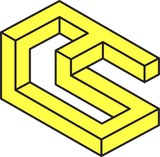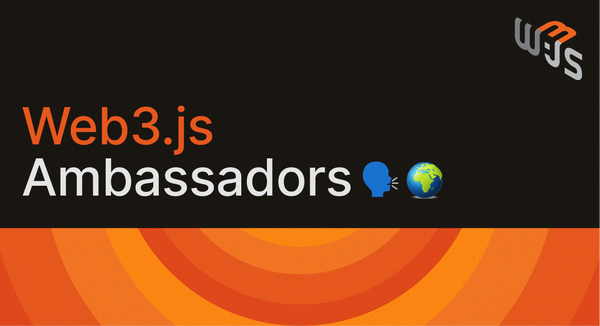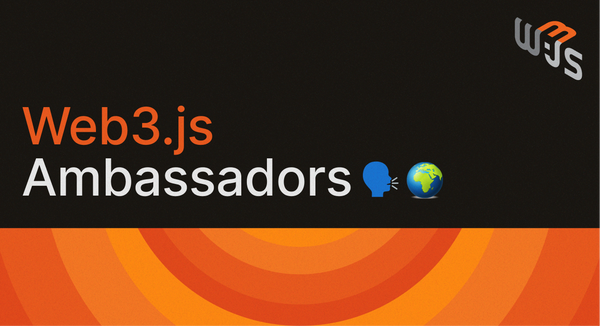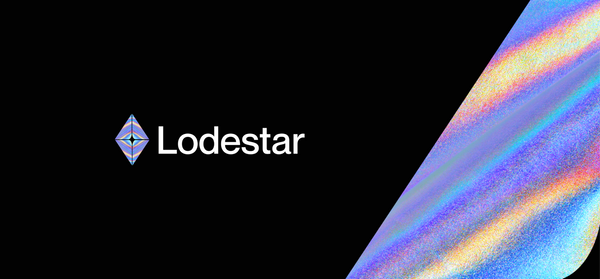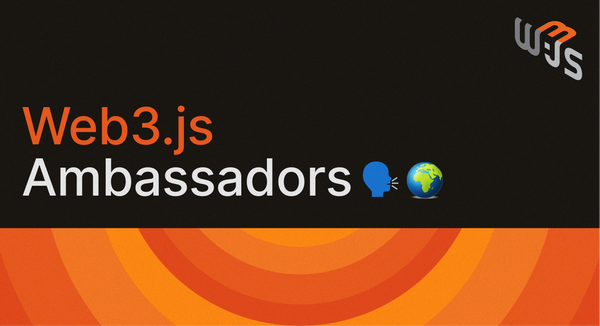A Brief History of ChainSafe
From humble beginnings, ChainSafe has grown into one of the leading research and development firms in the blockchain space. As we approach our fifth birthday, we want to look back and trace the journey that led us to where we are today.
ChainSafe Genesis
The origin of ChainSafe is best described as organic. Our founders met at the Ethereum Developers Meetup Toronto in early 2017. What started as loose participation in the group turned into more frequent meetings. Aidan, Priom, and Stu would meet at coffee shops to discuss ideas and brainstorm how to turn a passion for decentralized tech into a sustainable business. They were soon joined by Greg and Hatcher, thus completing the founding team.
Our first idea was to develop cold storage software for holding crypto on a mobile device. After some further planning and discussion with the community, it became clear that there was a greater demand for our technical knowledge and that we might serve a larger purpose. As a result, we shifted away from this idea and focused on identifying synergies between our experience and various blockchain projects.
Our team spent a lot of time looking for like-minded people to collaborate with. Initially, our focus was on relationship building, and eventually, we were enlisted to build a proof of concept decentralized application of a digital rights management platform for written content. This was the first major step toward a revenue-positive business based on technology we were all excited and passionate about.
Not long after, we began working with Polymath. This client work upped our confidence and allowed us to grow as an organization. Polymath was followed by a second notable consulting engagement, Shyft. After these milestones were underway, things really started to take off.
Exponential Growth
Since day one, we've been interested in contributing to public goods through open-source software, always looking for ways to add value to society and disrupt rent-seeking intermediaries. Driven by a desire to contribute to Ethereum, we began working on Lodestar, our TypeScript implementation of Ethereum Consensus.
Soon after its inception, Lodestar caught the attention of Vitalik Buterin, who provided a grant for its development. We soon formed close ties with the Ethereum Foundation, which has continued to fund Lodestar until today. We also did a small funding round in late 2018 that allowed the team to grow to double digits.
Shortly afterward, we began working on Gossamer, a Go implementation of the Polkadot Runtime Environment. As this project took shape and we continued with other research and development work, our reputation grew. Next came a grant from Protocol Labs for Forest, a Rust implementation of the Filecoin Protocol, and Mina RS, a Rust client for the MINA Protocol.
The common denominator of these implementation projects is they address a lack of client diversity, a critical component of any decentralized network. Furthermore, our alternate implementations seek to bring additional benefits to their respective ecosystems, such as web-native light clients in Lodestar or a performance-optimized Filecoin node in Forrest.
In 2020, we conducted another funding round, and today we're proud to be backed by industry pioneers like ConsenSys. ChainSafe also took over responsibility for maintaining one of Ethereum's most important libraries, Web3.js.
More recently, we acquired Croatian blockchain R&D firm NodeFactory which has proven to be an integral part of our ongoing implementation work. The acquisition coincided with another aspect of our expansion efforts - opening a satellite office in Berlin.
Building the Future
A lot has changed since we started, but our values and sense of purpose have remained steady and constant. Our goal is to enable the world's systems to run on peer-to-peer, open-source software. We believe in a better future for the internet, where users have greater choice, control, and ownership.
Today, ChainSafe has grown into a collective of 115+ people scattered across the globe. As the company has matured, the scope of our ambition has also grown. As we look to the future, we ask ourselves; how can we continue to make the greatest impact? We believe the answer lies in facilitating and accelerating the migration of technical talent into the blockchain space.
We're aiming to onboard the next one million builders into the blockchain space. That means building great tools, educating people, and embodying our values inside a vibrant developer community. We will do this through a collection of multi-chain tools to empower web3 developers. Our products and primitives don't lock users into one ecosystem or set of technical choices - and best of all, they're open-source, with a strong focus on UX.
ChainSafe's work takes many forms, from distributed storage to digital asset management to digital asset transfer. There's all of our node infrastructure, the Web3.js library, and Web3.unity, a gaming SDK for connecting Unity games to the blockchain. In addition, we're building ChainBridge, a multi-directional, modular blockchain bridge to enable cross-chain use cases, Storage, a back end written in Go that provides seamless plug and play access to IPFS and Filecoin, and Files, a platform built on top of Storage that enables private, distributed file storage.
ChainSafe is constantly adapting, evaluating ideas, and exploring new problem spaces. Our ultimate goal is to create a comprehensive toolset that developers can use with minimal friction. All our work is guided by a belief that as technology becomes the dominant force in the world, we must embed our values in technology to preserve human rights. Ultimately, we're working not just toward a technological revolution but a cultural one.
Want to help lay the foundations of web3? Join us!
We're always looking for talented, passionate people to join our team. Check out our open positions and get in touch ➡️➡️ careers@chainsafe.io
